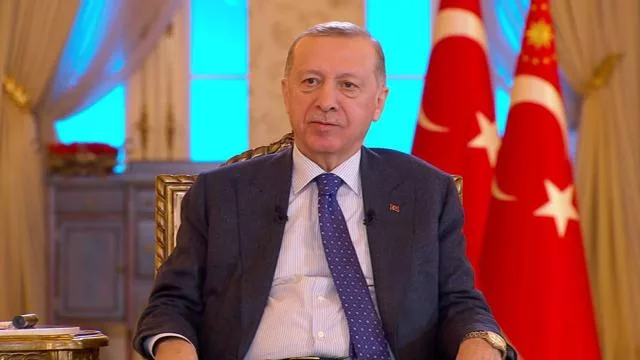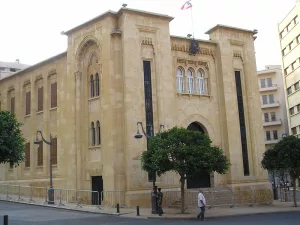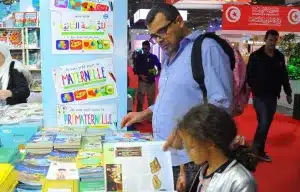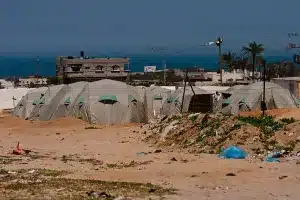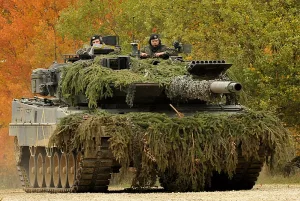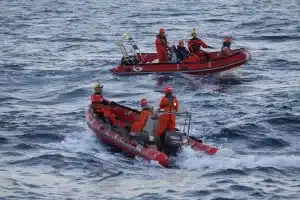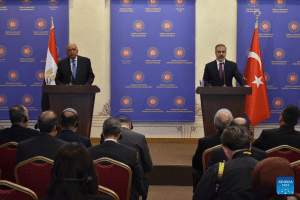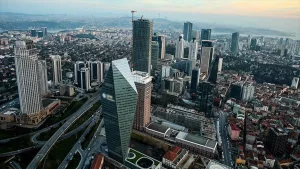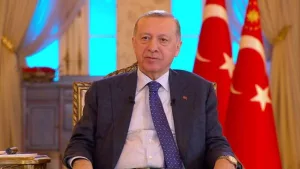Türkiye, which is seeking to reset its relations with one-time foes across the Middle East, has scored a fresh success by turning a “new leaf” in ties with Egypt. However, Syria, remaining a “freeze” in relations with Türkiye, may prove to be the most challenging hurdle to Türkiye’s regional reset, experts have said.
Since 2021, Ankara has been making efforts to reconcile with its regional rivals in the previous decade, namely Egypt, Israel, Saudi Arabia, Syria, and the United Arab Emirates.
In February, as the latest push in Ankara’s regional reset policy, Turkish President Recep Tayyip Erdogan paid a “historic” visit to Egypt’s Cairo, ending the long tension between the two regional actors.
The country has shown keenness to reconcile with regional neighbors as it is in urgent need of investments and trade opportunities to boost its struggling economy.
However, it remains uncertain whether the relations between Türkiye and Syria would thaw after an impasse in relevant negotiations in the second half of last year.
Efforts under the mediation of Russia, the Syrian government’s main support, failed to normalize ties between Türkiye and Syria as expected, said Oytun Orhan, a senior expert at the Ankara-based Centre for Middle Eastern Strategic Studies.
“The only issue on which Ankara and Damascus agree is to oppose the American military presence in northeast Syria,” he told Xinhua.
Orhan pointed out that Syria is seeking guarantees from the Turkish side that its troops will withdraw from northern Syria, “something that Ankara is not ready to accept.”
Türkiye has been conducting military operations against what it designated as “terrorist” groups, including the Kurdistan Workers’ Party in Iraq and the Kurdish People’s Protection Units (YPG) in Syria.
Orhan stressed that Ankara has also set conditions for normalizing relations with Damascus, which consist namely of holding “fair” elections in Syria, the safe return of millions of Syrian refugees, and cooperation in combating the YPG.
Serkan Demirtas, a Turkish foreign policy analyst, said the primary reason for the current deadlock is both parties’ adherence to their conditions and reluctance to make any concessions that could potentially resolve the issue.
“However, Türkiye is aware that without normalization of ties with Syria, the issue of Syrian refugees will continue to be a concern. It thus may rejuvenate the process,” he argued.
There are some 3.1 million Syrian refugees in Turkish cities, according to official data. They constitute a major source of political and social uncertainty in a country that is grappling with severe economic woes and sees their presence as a burden.
On the other hand, the potential for a U.S. withdrawal from Syria after the U.S. presidential elections this year might change the situation in northern Syria if Ankara decided to launch a military operation to wipe out Kurdish fighters, Orhan said.
“Turkish forces have to remain in northern Syria to safeguard local people from the extremist group’s attacks and also protect the Turkish border,” a source close to the Ankara government told Xinhua on condition of anonymity.
In November last year, Syrian President Bashar al-Assad and his Turkish counterpart, Erdogan, participated in the joint Arab-Islamic summit centered around the Gaza conflict. The meeting held in Saudi Arabia’s Riyadh was the only occasion in which the two leaders were brought under one roof since the start of the Syrian civil war in 2011.
Yet there was no public handshake between the two presidents.
“President Erdogan already said he could meet his Syrian counterpart, but for now there is no meeting scheduled,” the Turkish source added.
In addition, Russian Foreign Minister Sergei Lavrov stated on March 3 that the prospects for normalization between Türkiye and Syria are dwindling due to the Israeli-Palestinian conflict in Gaza.
When addressing reporters after attending the Antalya Diplomatic Forum in the southern Turkish resort, Lavrov noted, “Now practical steps are impossible due to the fact that what is happening in the Gaza Strip and other Palestinian territories directly affects all participants in this process,” according to Turkish semi-official Anadolu Agency.
The top Russian diplomat reiterated that his country “has been working on this” and “will continue to work on it.”
Several electricity substations in the rural areas of the northeastern Syrian province of al-Hasakah were knocked offline Sunday evening following…
The Turkish National Intelligence Organization (MIT) has “neutralized” a senior member of the Syrian Kurdish People’s Protection Units (YPG) in…

